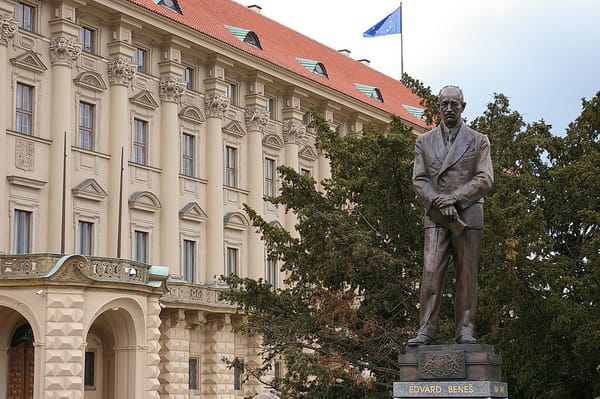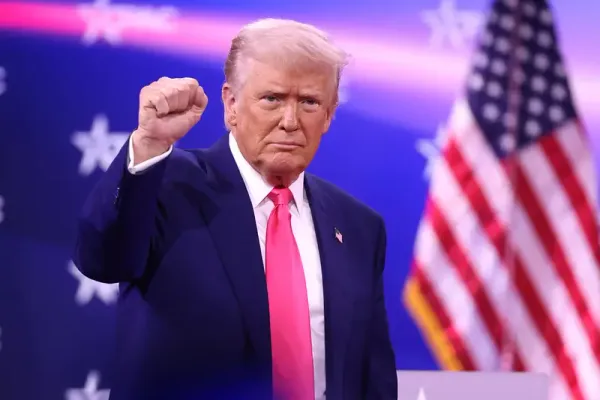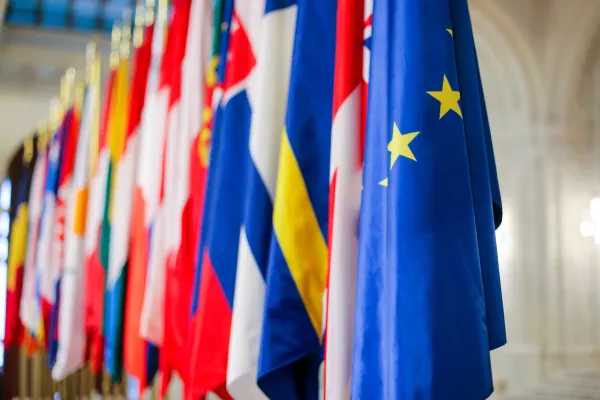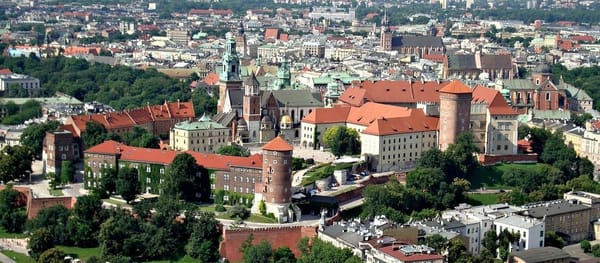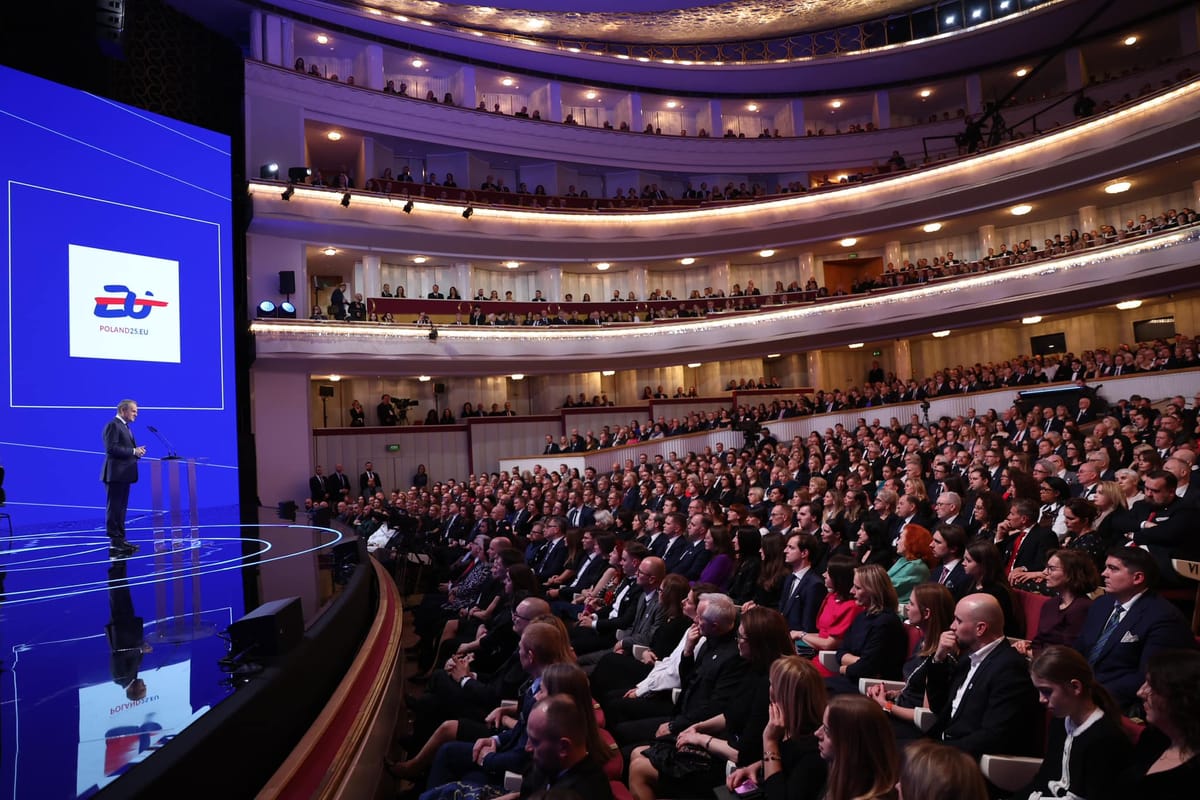
Poland begins EU presidency with Orban snub
Polish Prime Minister Donald Tusk said he will prioritise security, defence and support for Ukraine while strengthening sanctions on Russia, at the launch event of his country’s presidency of the Council of the EU on 3 January, 2025.
The gala began with a speech from Tusk, who outlined the main priorities of the rotating presidency for the next six months. He said Poland’s agenda will address European security, defence, and unity in the face of Russia’s war on Ukraine, migratory pressures, and energy security. Tusk added that Poland’s presidency seeks to enhance Europe’s defence industry and reinforce its role in foreign policy but faces challenges from domestic elections and resistance from Hungary and Slovakia on stronger sanctions or military aid.
The Polish EU presidency will also strengthen transatlantic ties, support Ukraine’s reconstruction, and push for a complete cessation of Russian energy imports, Tusk said, adding that Poland’s agenda prioritises internal security, fighting disinformation, advancing the energy transition, and fostering economic competitiveness through regulatory reforms and investment in critical industries. Poland wants to position itself as a unifying force, Tusk said, by promoting EU enlargement and democratic resilience while addressing climate and digital transformation challenges.
“Europe is fortunate that, at this very challenging moment in our history, Poland will be fulfilling the mission of the presidency,” Tusk said, adding that “we in Poland know well that we must find within ourselves strength, faith, and hope: we must rediscover the meaning of freedom and the essence of what Europe truly represents.”
Transatlantic trade war worst case scenario
US President-elect Donald Trump’s proposed tariffs on EU goods risk triggering a broader transatlantic trade war, potentially harming the European economy, including Poland’s.
According to Krytyka Polityczna (Political Critique), the US will be a key focus for the Polish presidency. In an op-ed, the Polish left-wing publication wrote that “trade relations between the EU and the US could prove to be one of the main problems.
“Good security ties between Poland and the US will not necessarily translate into a strong position for Warsaw when negotiating trade relations. But no matter how the relationship with Trump develops, the Polish EU Council presidency must focus on responding to the various issues that are driving a wedge between partners on both sides of the Atlantic,” it added.
Orban, Hungarian ambassador snubbed
Poland takes the reins of the rotating presidency of the EU from Hungary, which held the role from 1 July to 31 December, 2024. Tusk said he aims to restore a consensus-driven approach after Hungary’s contentious tenure, which saw Hungary accused of mission creep and “rogue diplomacy”, while EU action on Ukraine stalled.
Relations are currently tense between the two countries that historically have identified as close allies. A major bone of contention is Hungary last month giving asylum to Polish ex-deputy justice minister Marcin Romanowski, who was detained in July for alleged misuse of public funds but then released after citing diplomatic immunity.
In light of this, Polish Foreign Minister Radoslaw Sikorski “decided that the Hungarian ambassador is not a welcome guest in the theatre today”, Deputy European Affairs Minister Magdalena Sobkowjak-Charneck told local TV at the gala.
Also conspicuous by his absence was Hungarian Prime Minister Viktor Orban, who was not invited to the launch event, Sobkowiak-Czarnecka revealed. The Polish premier, who has known Orban personally since the 1980s, has in recent years fiercely criticised him for pro-Russian policy stances, with Orban’s responding that the Tusk government considers Hungarians “enemies”.
Hungary defends presidential tenure
Nevertheless, in an online post entitled “Six Months of Making Europe Great”, Hungary’s EU Affairs Minister Janos Boka defended his country’s presidential stint. Boka cited as achievements Orban’s self-styled “peace mission” to Kyiv, action on EU competitiveness, Western Balkans integration and illegal migration, as well as legislation on market protection and Schengen free travel area expansion.
Other milestones, Boka said, included a EUR 6bn reform package for Western Balkan countries, the Budapest Declaration, and the European Political Community summit. The Hungarian presidency was characterised by “strategy, activity, and decisive European policy”, he concluded.
Hungarian pro-government daily Magyar Nemzet said the declaration on the New European Competitiveness Deal and a separate tax agreement had represented “great strides in economic areas that had been the subject of controversy for years”.
However, independent Hungarian weekly HVG noted that in terms of legislation passed “No presidency has ever been as unproductive as the Hungarian presidency,” which it characterised as “lacklustre”. It recalled that only nine concrete new agreements were finalised in tandem with the EU Parliament during the presidency. Hungary’s tenure even compared poorly to other Council presidencies following European elections: Finland oversaw 23 processes in 2019, while the Italian presidency completed 20 in 2014, HVG adds.
Poland becoming leading EU power
Slovak business daily Hospodarske Noviny expressed optimism about the Polish EU Council presidency, calling Tusk “an experienced European campaigner”, and noting that he was European Council president for five years and headed “the largest political force in the EU, the European People’s Party, for three.
“Poland is becoming a leading power in the EU, particularly now that French President Emmanuel Macron’s position has been weakened by internal political problems (and) Germany’s early election and coalition negotiations will keep it busy until the summer at least.”
Piotr Buras of the European Council on Foreign Relations think tank wrote in Polish weekly news magazine Polityka that “Here in Central Europe, two visions are clashing in real terms: the Europe of Tusk and the Europe of Orban. It is these two leaders who best symbolise the competing values, interests and approaches at the heart of the conflict over the soul of Europe.”
Radzimir Debski, aka Jimek, presented a piece composed for the event, which was held at the Teatr Wielki (Grand Theatre/National Opera) in Warsaw, central Poland. At the gala, European Council President Antonio Costa called Poland, which joined the EU in 2004, “one of the greatest success stories of enlargement, the best geostrategic investment Europe has made to guarantee freedom and democracy after long periods of totalitarianism”.

